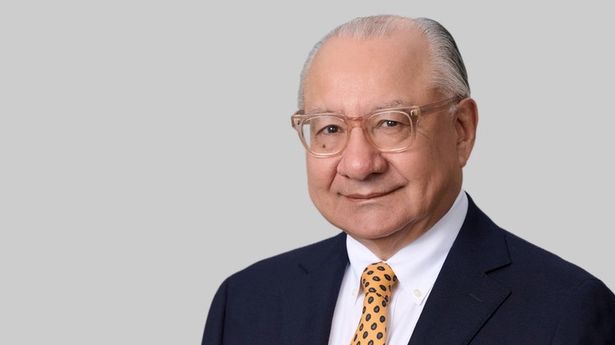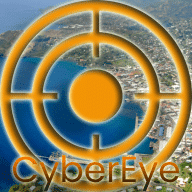
Former U.S. Ambassador to Bolivia, Manuel Rocha, aged 73, has been arrested in Miami under charges of secretly acting as an agent for the Cuban government. This development, revealed by The Associated Press, emerges from an FBI counterintelligence investigation. Details are expected to be disclosed at Rocha’s upcoming court appearance. The case, brought forth by the Justice Department, alleges Rocha failed to register his activities on behalf of a foreign government, a legal requirement in the U.S.
Rocha’s diplomatic career spanned 25 years across various Latin American countries during the Cold War era, including a posting at the U.S. Interests Section in Cuba. His diverse educational background, with degrees from Yale, Harvard, and Georgetown, led him into the foreign service in 1981. Notably, as the top U.S. diplomat in Argentina, he witnessed the collapse of a U.S.-backed currency stabilization program amid political turmoil. In Bolivia, Rocha’s intervention in the 2002 presidential election, where he warned against voting for Evo Morales, a former coca grower, had significant repercussions.
Post-retirement, Rocha shifted to business roles, including leadership positions in various industries from mining to cannabis. His arrest raises questions about the transparency and ethics of former diplomats transitioning into business roles, especially in sectors with potential political implications. This incident invites reflection on the intricate interplay between diplomacy, personal conduct, and national security, highlighting the importance of ethical guidelines and accountability for public servants, even after their tenure ends.


